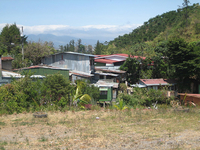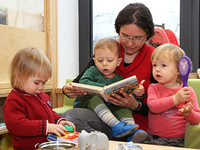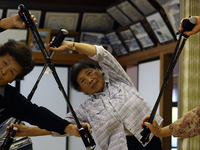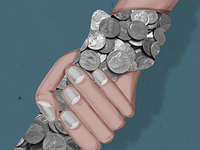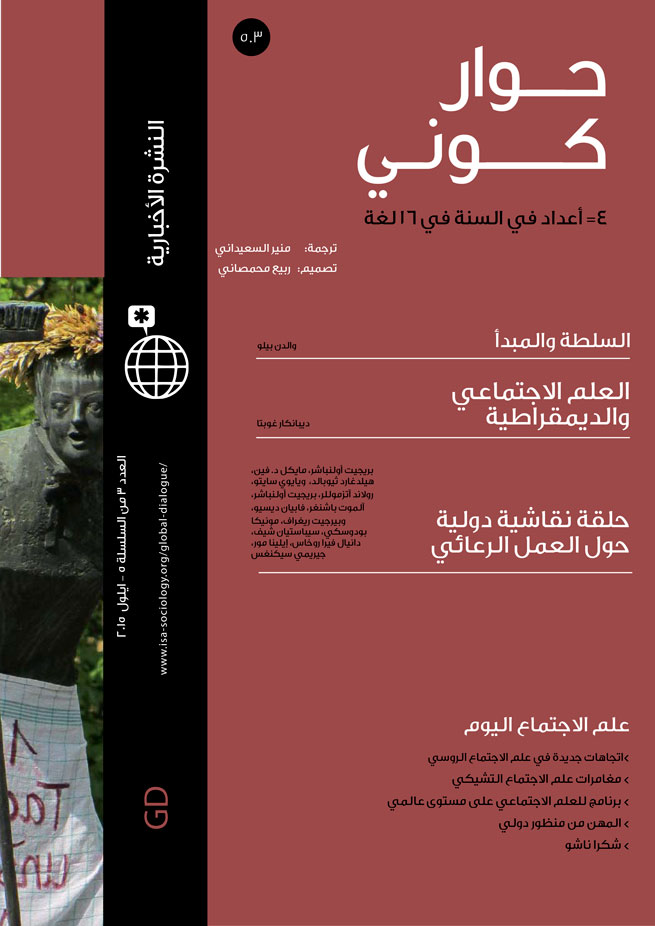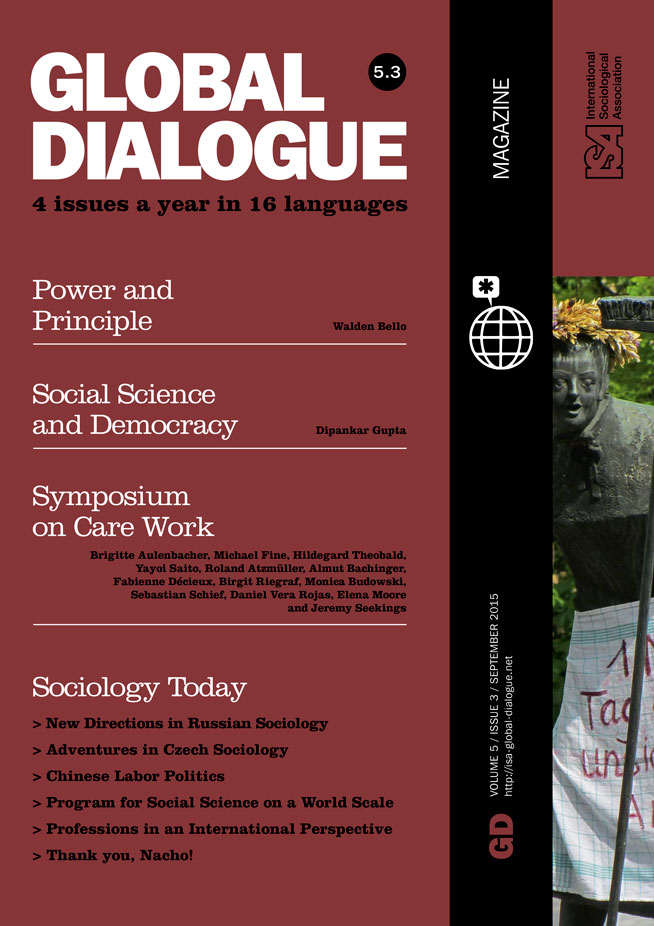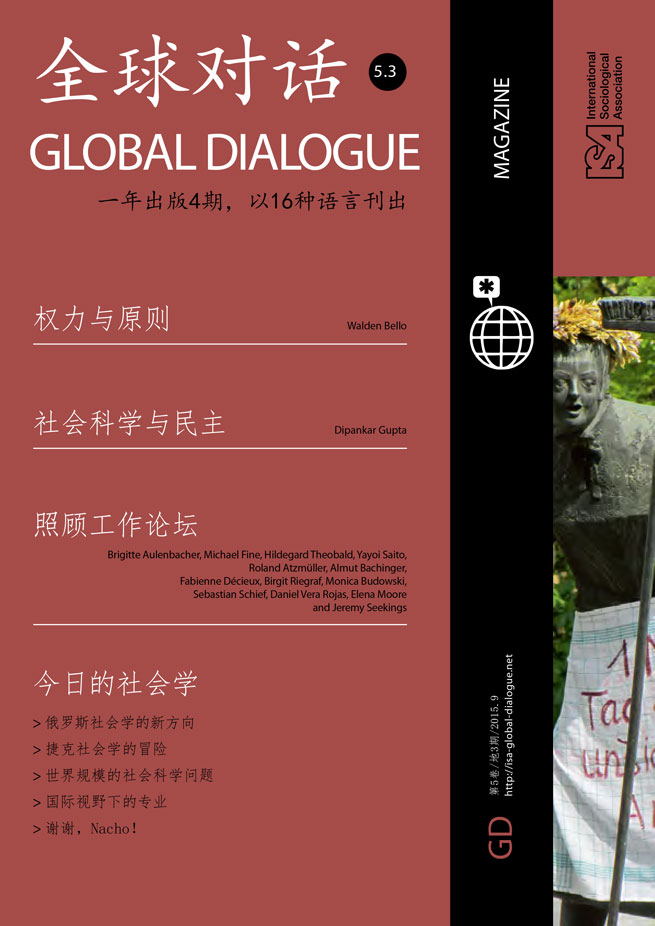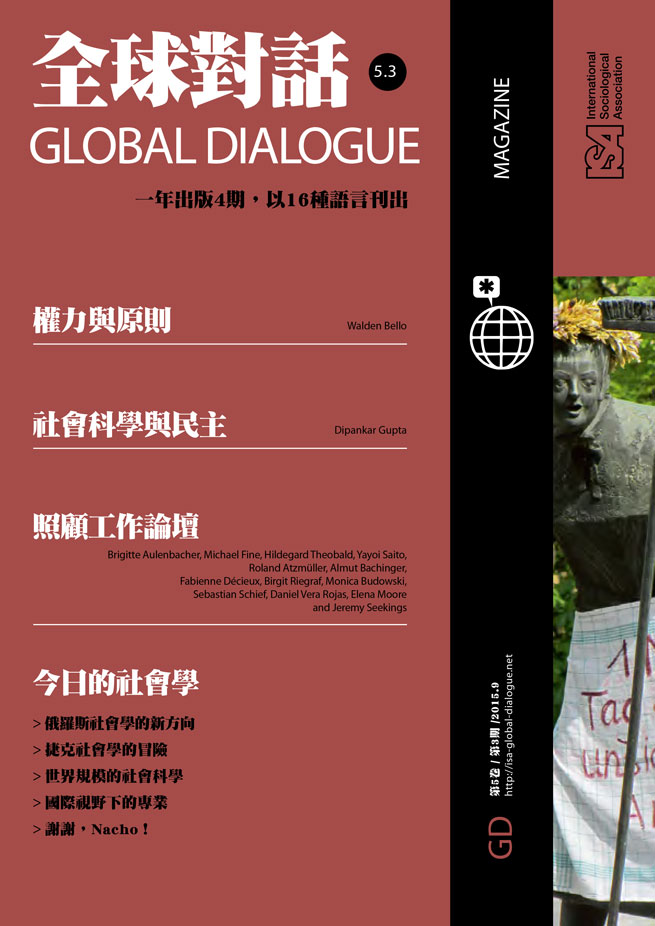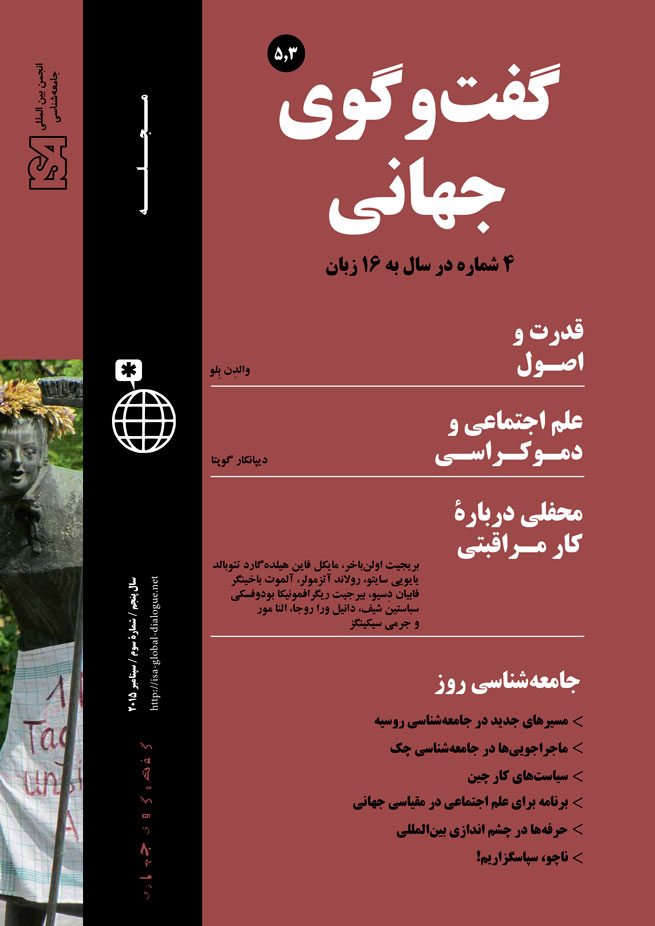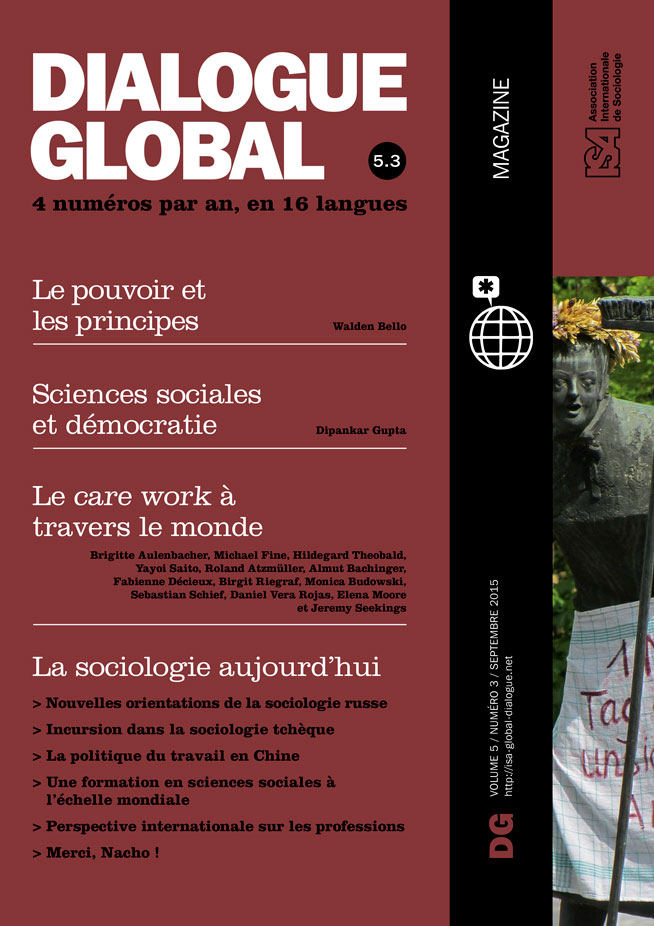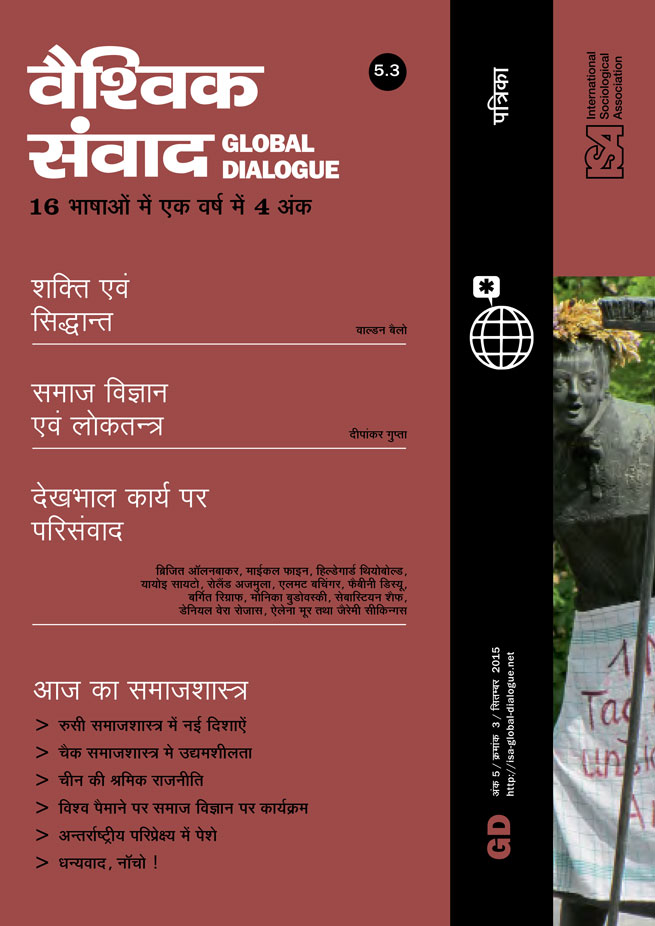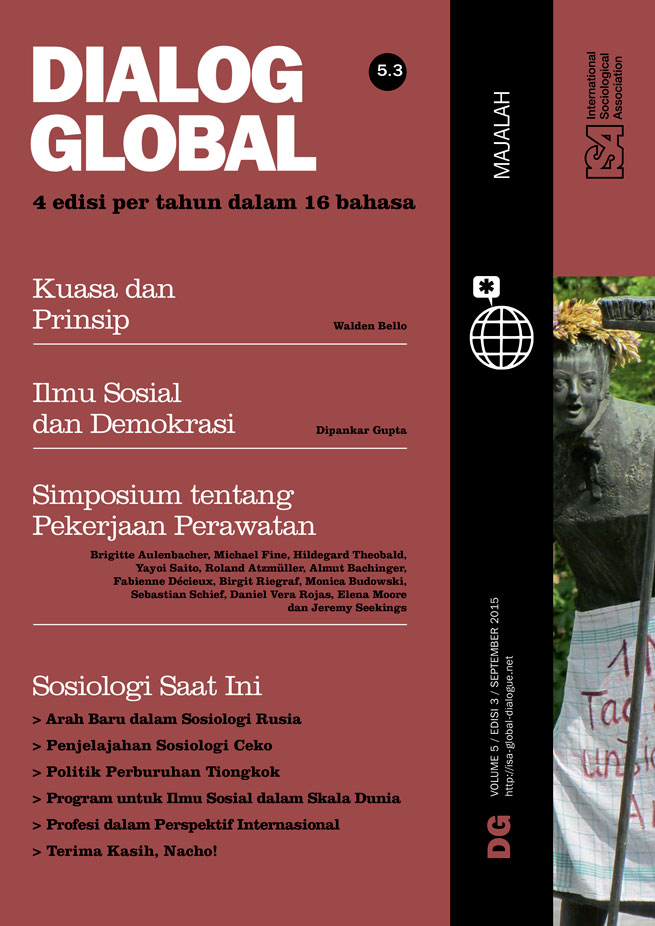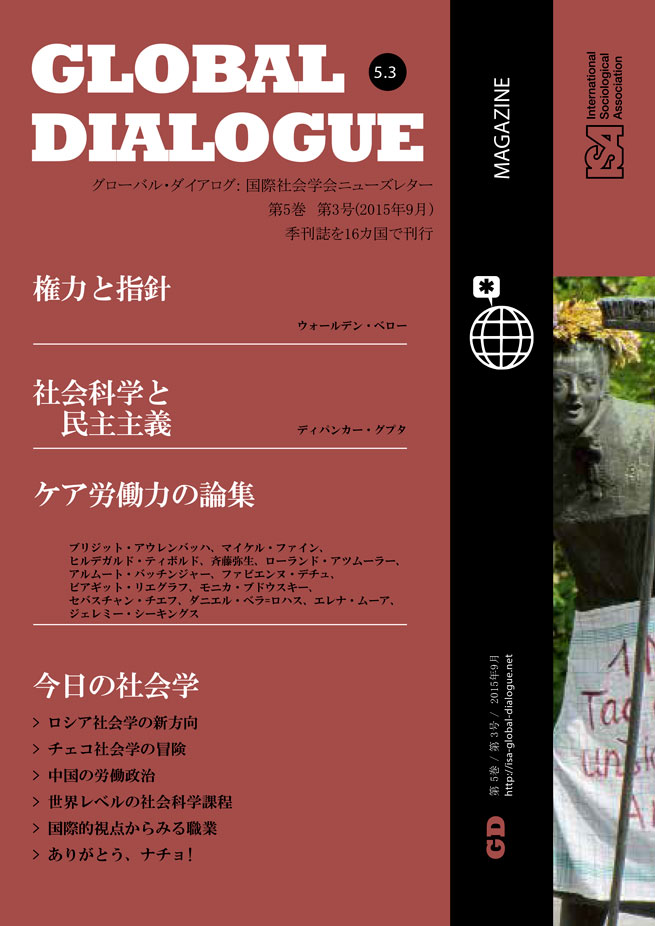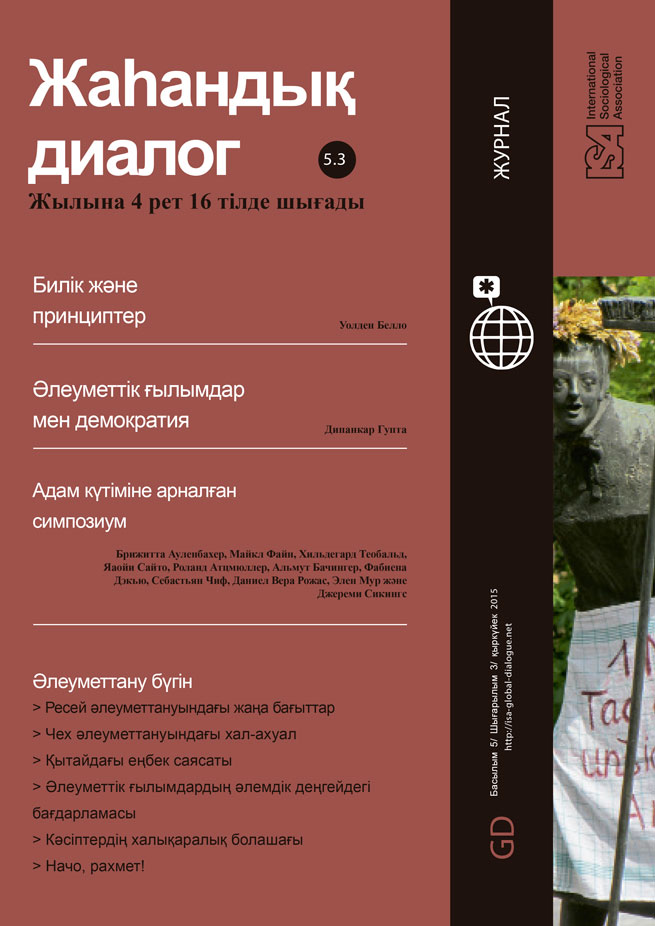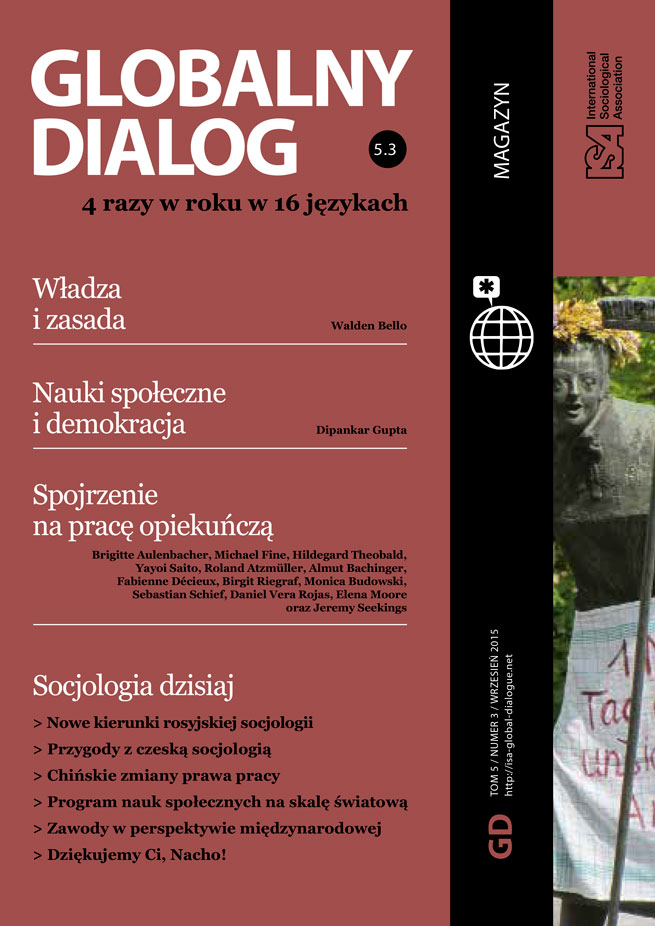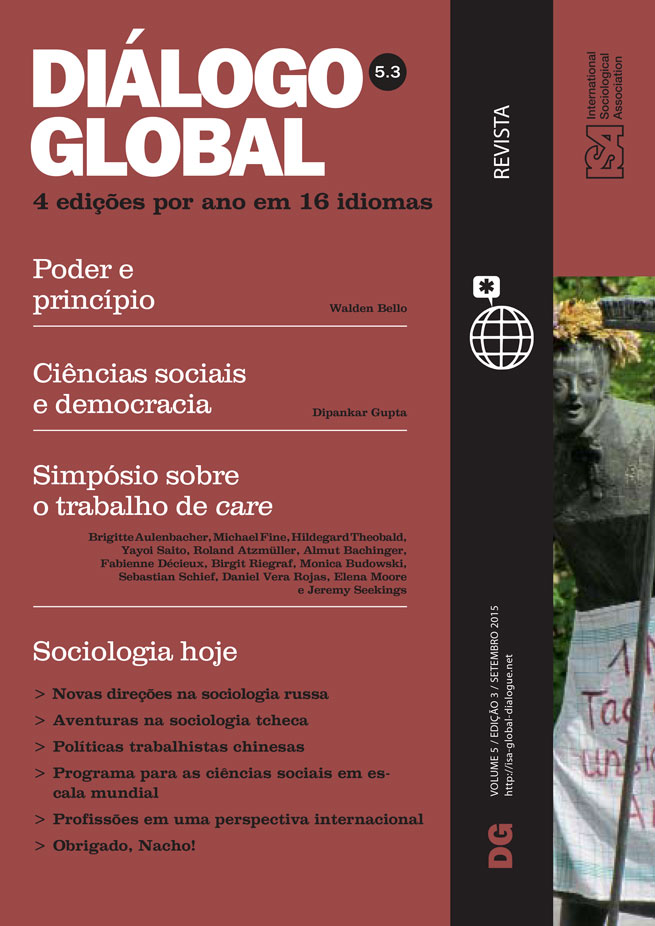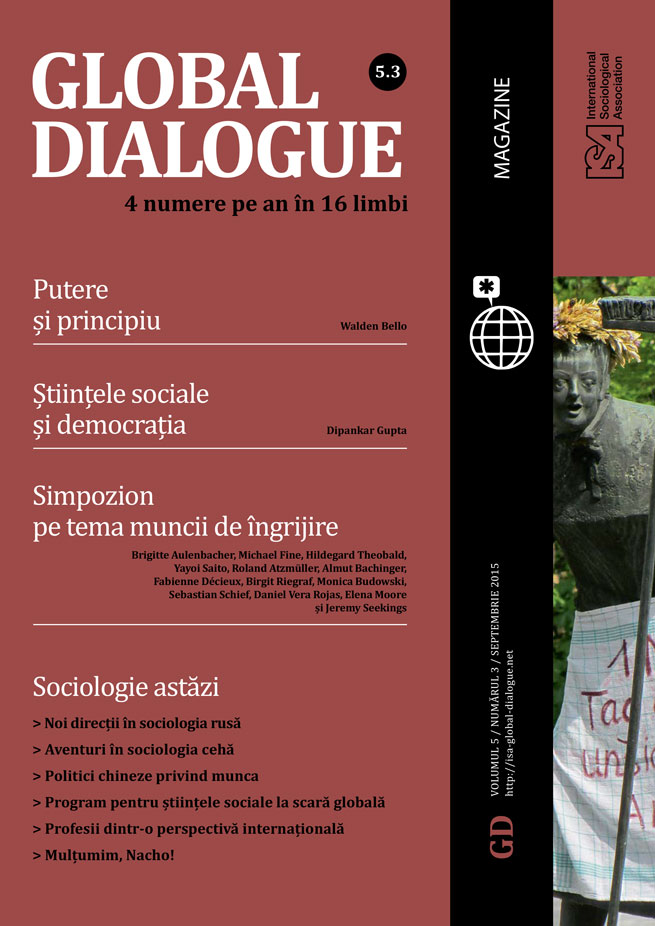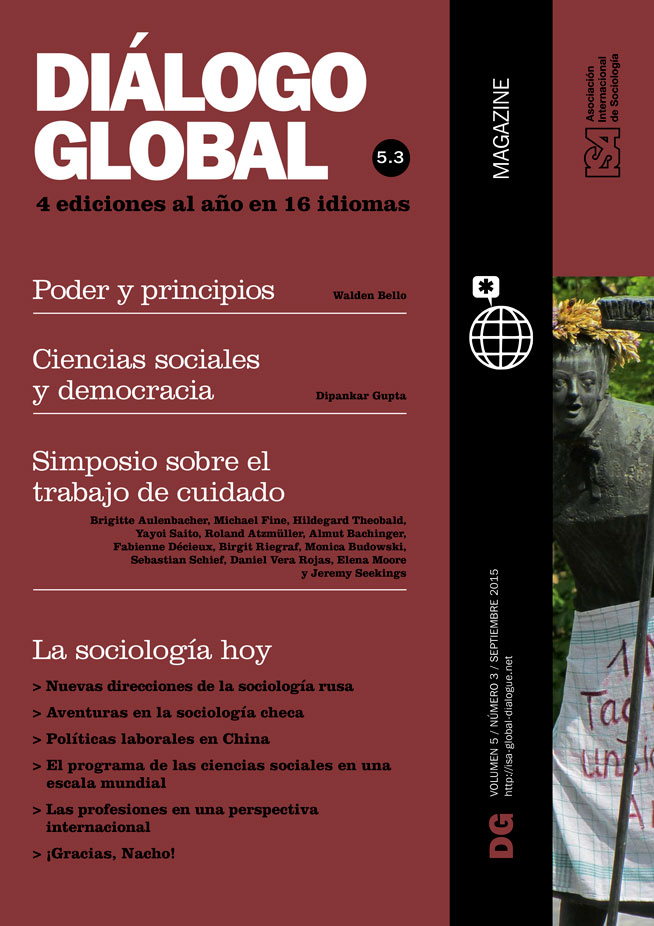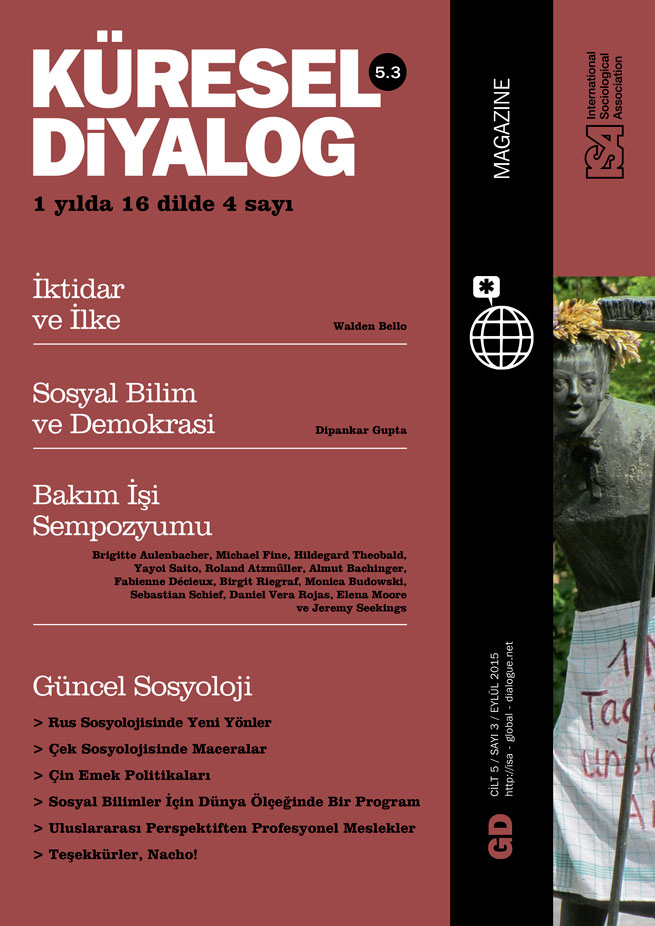High levels of financial assistance and physical care are needed and given in South Africa. Exceptionally high unemployment, persistent poverty and HIV-AIDS mean that approximately three quarters of the population of about 50 million – including 20 million children, three million non-working elderly people, one million disabled working-age men and women and a further 12 million unemployed – require some kind of care or financial support.
As early as the 1920s, South Africa began to construct a welfare state for its white citizens, based on the British model of tax-financed public services, social assistance and care, focused especially on “deserving” categories – women and children (and, less often, men). In South Africa, of course, “deserving” citizens were also racially defined: South Africa’s “African” or “black” population was excluded (first entirely, then partially) from the welfare state and social citizenship, as well as from the franchise and political citizenship. Restrictions on what work African people could do and where they could live reinforced a racial migrant labor system, forcing many working parents to leave children to be raised by grandparents to whom they remitted a share of their earnings. Only from the 1970s did the imperatives of economic growth and political stability push the apartheid state to slowly reallocate public resources towards people who were classified Coloured, Indian and later African – a shift toward a more inclusive system of care that was only completed after South Africa’s first democratic elections in 1994.
The deracialization of public policies, especially social assistance programs, public education and public health, has resulted in a welfare state that is extensive and redistributive (albeit unevenly so). This welfare state exists alongside growing market provision and continuing (though diminishing) kin provision. Many children still live with extended families, often without one or both parents. Only one in three of South Africa’s children live with their biological fathers, and about 5.5 million children do not live with either biological parent. Relatives play a key role in providing care. At the same time, the feminization of the labor force and changing kin relations have resulted in increased market provision of care. About 30% of all children aged 0-4 attend some kind of crèche or day care facility.
The state provides care for children through schools, cash grants for caregivers (including foster parents) and, in the early 2000s, expanded preschool facilities. The scale of cash grants for caregivers is unique in terms of both coverage and cost (in relation to GDP), even when compared to more internationally famous programs such as Brazil’s Bolsa Familia.
The state supports elderly South Africans primarily through non-contributory old-age pensions. More than 1% of GDP is redistributed to almost three million pensioners. The old age pension is means-tested, but both income and wealth thresholds are set at a high level, so that only rich South Africans are excluded. The expansion of financial assistance for the elderly by the post-apartheid state contrasts with the rollback of publically provided care for the elderly. Direct (state-run old-age homes) and indirect (subsidized old-age homes) public provision of residential care for the elderly did not survive the transition to democracy. The old-age pension, which pays generous benefits, has significant indirect consequences for the provision of care and household finance. Three quarters of elderly people live in households with working-age adults, while a small number live with children without a working-age adult present. Whilst the elderly support young kin financially, younger family members seem to spend little time caring for the elderly.
About one million sick and disabled working-age adults receive disability grants. AIDS increased the number of sick working-age people requiring financial support and physical care. Qualitative research suggests that AIDS has strained bonds of kinship, and that sick kin are often unable to call on distant or even close kin for help. Kinship care continues to be gendered and AIDS exacerbated this pattern.
South Africa offers little public support for unemployed, working-age adults other than workfare programs. Without state support and with no access to support through the market, unemployed adults are dependent on kin – but kin support is no longer unconditional. The idealized binding and inescapable kinship that anthropologists such as Meyer Fortes described more than 40 years ago appears largely absent today, as South Africans discriminate between deserving and undeserving kin, whether close or distant.
South Africa’s welfare and care systems display some similarities with liberal welfare regimes of the Global North. The state’s resources are directed towards means-tested social assistance programs, focusing on deserving categories of poor people. The state has encouraged expanded market provision of care, through contributory pensions and health insurance as well as private crèches.
Unlike the liberal welfare regimes of the Global North, however, South Africa’s social assistance programs have a wide reach. Almost one in three adults and children receives a grant of some sort and about two thirds of the population lives in a household where someone receives a grant. Grants thus reach about one half of all households, including most poor households. In terms of reach, these programs look more like the more inclusive social democratic regimes of the Global North.
Whilst kinship relations are changing, and support is increasingly conditional on individuals’ behavior and attitudes, many South Africans remain dependent on someone in their family for financial assistance and physical care. In this, South Africa resembles the family-orientated Southern European cases.
The deracialization of social grants and the change in kin support in the last few decades have pushed the South African welfare regime in a more social democratic direction, but the state has also retreated from its limited role in the provision of physical care (notably for some elderly people), pushing people into reliance on kin, and, increasingly, on the market.
Elena Moore, University of Cape Town <elena.moore@uct.ac.za>
Jeremy Seekings, University of Cape Town, South Africa and former Vice-President of ISA Research Committee on Regional and Urban Development (RC21) and member of Research Committee on Poverty, Social Welfare, and Social Policy (RC19) <jeremy.seekings@gmail.com>
